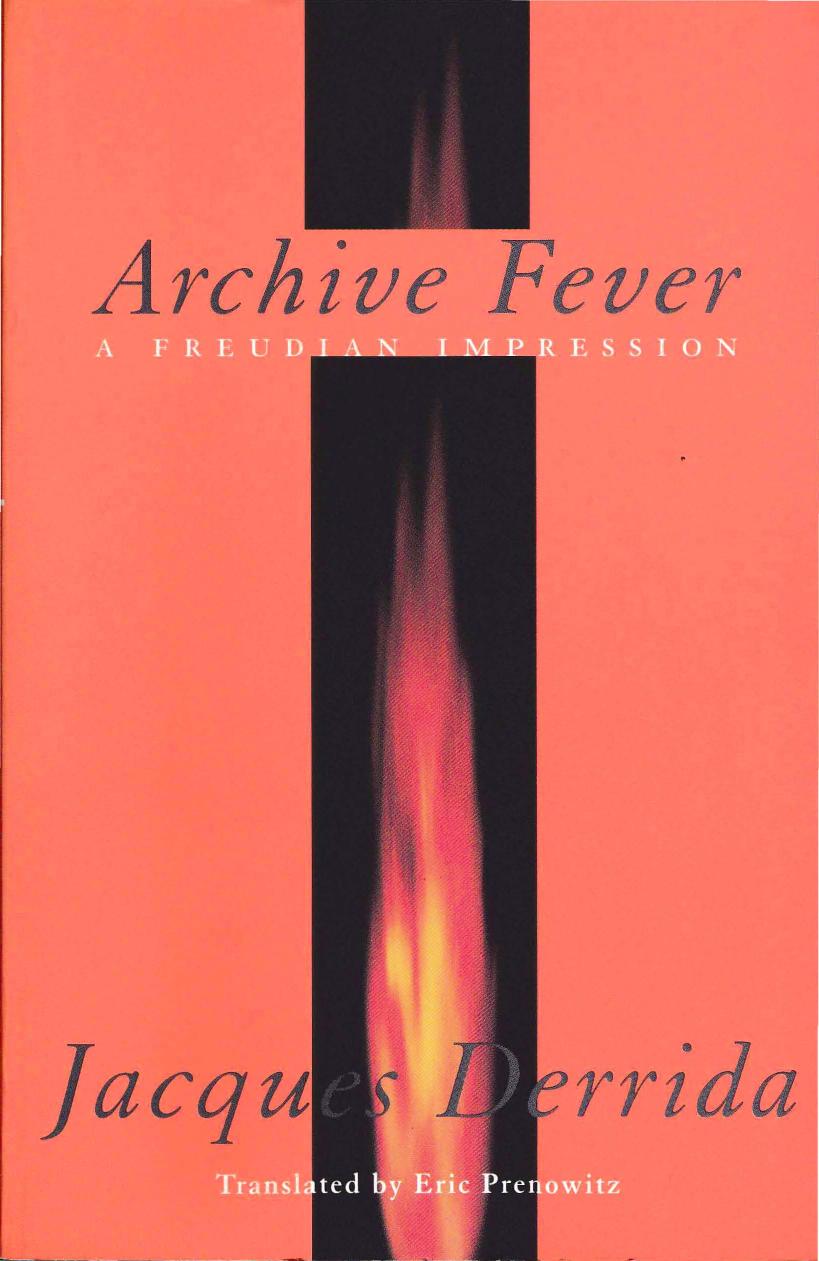P. Adams Sitney: Eyes Upside Down: Visionary Filmmakers and the Heritage of Emerson (2008)
Filed under book | Tags: · avant-garde, cinema, experimental film, film, film theory

“Sitney analyzes in detail the work of eleven American avant-garde filmmakers as heirs to the aesthetics of exhilaration and innovative vision articulated by Ralph Waldo Emerson and explored by John Cage and Gertrude Stein. The films discussed span the sixty years since the Second World War. With three chapters each devoted to Stan Brakhage and Robert Beavers, two each to Hollis Frampton and Jonas Mekas, and single chapters on Marie Menken, Ian Hugo, Andrew Noren, Warren Sonbert, Su Friedrich, Ernie Gehr, and Abigail Child, Eyes Upside Down is the fruit of Sitney’s lifelong study of visionary aspirations of the American avant-garde cinema. Sitney’s earlier book and critical essays defined the field of serious criticism of the American film avant-garde. He supplies a unique approach, critical, formal and intellectual, rather than sociological, ideological or institutional. Like his earlier book, Eyes Upside Down is a dense, sustained blast of convincing criticism which unfolds through a compelling personal vision. It makes a serious contribution to cinema studies and it is sure to remain in circulation for many years to come.”
Publisher Oxford University Press, 2008
ISBN 0195331141, 9780195331141
xiv+417+[32] pages
PDF (updated on 2019-11-15)
See also Sitney’s Visionary Film: the American Avant-Garde, 1943-2000, 1974/2002.
Comment (0)Heinz von Foerster: Understanding Understanding. Essays on Cybernetics and Cognition (2003)
Filed under book | Tags: · cognition, computation, cybernetics, knowledge, theory of communication

“In these essays Heinz von Foerster discusses some of the fundamental principles that govern how we know the world and how we process the information from which we derive that knowledge. Included are path- breaking articles concerning the principles of computation in neural nets (1967), the definition of self-organizing systems (1960), the nature of cognition (1970), as well as recent expansions on these themes (e.g. “How recursive is communication,” 1993). Working with Norbert Wiener, Warren McCullough, and others in the 1960s and 1970s, von Foerster was one of the founders of the science of cybernetics, which has had profound effects both on modern systems theory and on the philosophy of cognition. At the Biological Computer Laboratory at the University of Illinois he produced the first parallel computers and contributed to many other developments in the theory of computation and cognition.”
Publisher Springer, 2003
ISBN 0387953922, 9780387953922
xii+362 pages
PDF (updated on 2020-4-17)
Comment (0)Jacques Derrida: Archive Fever: A Freudian Impression (1996)
Filed under book | Tags: · archive, philosophy, psychoanalysis, technology, time

“In Archive Fever, Jacques Derrida deftly guides us through an extended meditation on remembrance, religion, time, and technology—fruitfully occasioned by a deconstructive analysis of the notion of archiving. Intrigued by the evocative relationship between technologies of inscription and psychic processes, Derrida offers for the first time a major statement on the pervasive impact of electronic media, particularly e-mail, which threaten to transform the entire public and private space of humanity. Plying this rich material with characteristic virtuosity, Derrida constructs a synergistic reading of archives and archiving, both provocative and compelling.”
Translated by Eric Prenowitz
Publisher University of Chicago Press, 1996
ISBN 0226143368, 9780226143361
113 pages
PDF (updated on 2021-11-11)
PDF (article, published in Diacritics, 25:2, Summer, 1995, pp 9-63, added on 2012-9-3)

